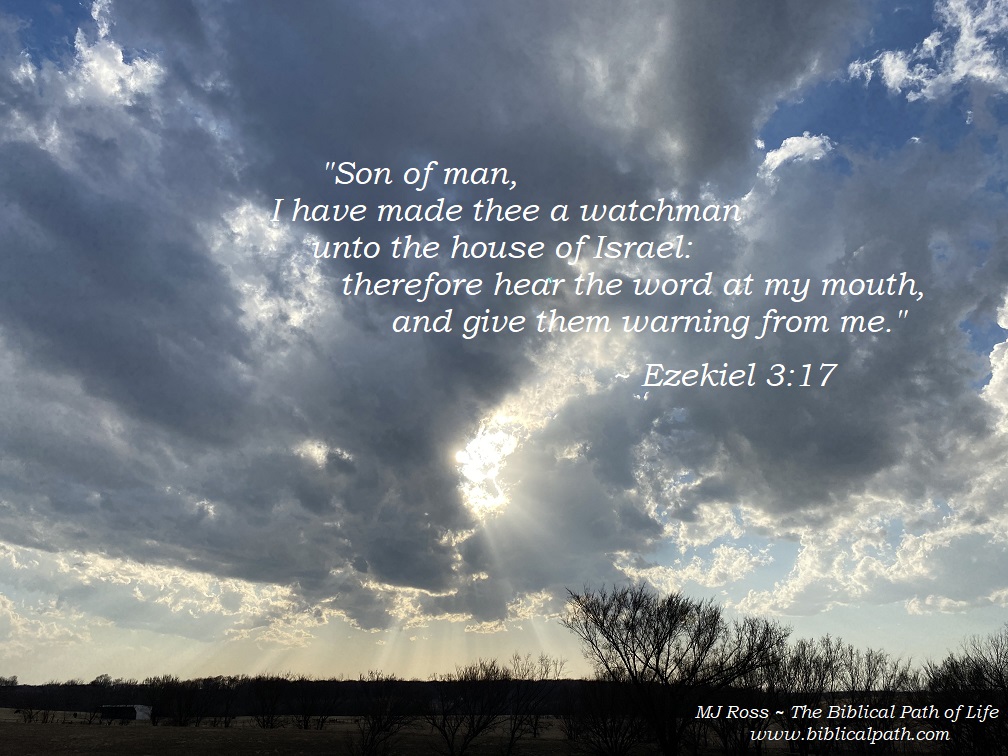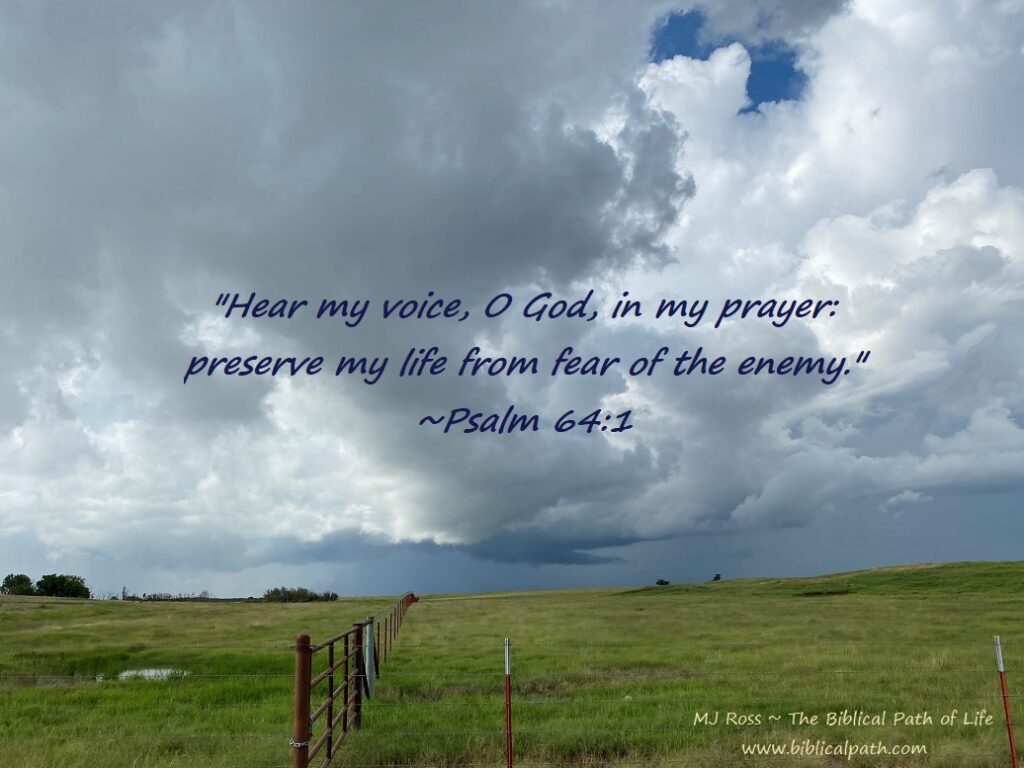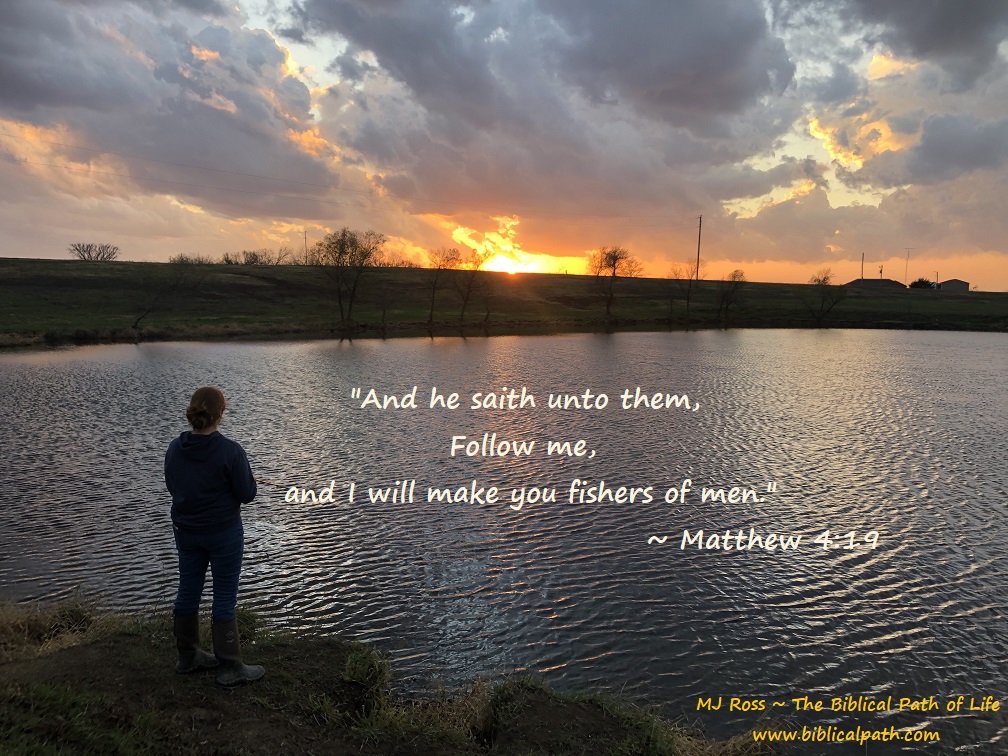
“He that hath my commandments, and keepeth them, he it is that loveth me: and he that loveth me shall be loved of my Father, and I will love him, and will manifest myself to him.”
John 14:21
One of the most important things a Christian can do is to faithfully read God’s Word. In that reading, one should begin placing those Words within that heart. “Thy word have I hid in mine heart, that I might not sin against thee”(Psalm 119:11). With God’s Word in one’s heart, that one will begin to recognize what God expects (and does not want) within that Christian life.
While reading the Bible, it is important to ask God to teach you as you read. “Blessed art thou, O LORD: teach me thy statutes” (Psalm 119:12). Statutes means “precepts and rules which must be strictly obeyed.” God wants us to obey His Word, the Bible. Some Christians find this a difficult thing. People do not want a bunch of rules to obey. What one must understand is the the Bible is not a book full of “do’s and don’ts”. That is the opinion of many. However, read what David wanted: “Open thou mine eyes, that I may behold wondrous things out of thy law” (Psalm 119:18). Wondrous means “the basic meaning is to be wonderful and to cause a wonderful thing to happen … it is used primarily with God as the subject. He does things which are beyond the bounds of human powers or expectations…” David wanted to read God’s Law to recognize and understand the wonderful things that God does. If you think about it, God’s Word that David read was mostly the five books of the Law: Genesis, Exodus, Leviticus, Numbers, and Deuteronomy. Can you even imagine how David might have reacted if he had been able to read the complete Bible that we have available to us today?
After asking God to “open thou mine eyes”, read what else David asked God to do for him. “33. Teach me, O LORD, the way of thy statutes; and I shall keep it unto the end. 34. Give me understanding, and I shall keep thy law; yea, I shall observe it with my whole heart. 35. Make me to go in the path of thy commandments; for therein do I delight” (Psalm 119:33-35). Not only did he ask God to teach him, but to give him understanding. He then proceeded to ask God to “make me to go in the path of thy commandments”. Make me to go means “by implication to walk; to guide, lead (forth).” David wanted God to guide him and help him to walk in God’s ways. What did David do when he did not understand what to do? “Thy hands have made me and fashioned me: give me understanding, that I may learn thy commandments” (Psalm 119:73). After acknowledging who God is, David asked for understanding to learn. This is just a small sampling of David’s reactions to God’s Word.
If you remember, David was known as a man after God’s own heart. “And when he had removed him, he raised up unto them David to be their king; to whom also he gave testimony, and said, I have found David the son of Jesse, a man after mine own heart, which shall fulfil all my will” (Acts 13:22). But did you know that God knew this about David before He even chose him to be a king, while he was only a young shepherd boy? When King Saul refused to obey God’s commandments, Samuel gave him this message: “But now thy kingdom shall not continue: the LORD hath sought him a man after his own heart, and the LORD hath commanded him to be captain over his people, because thou hast not kept that which the LORD commanded thee” (1 Samuel 13:14). David was that man.
Have you ever considered taking this approach as you read your Bible? Begin to hide God’s Word in your heart, keeping you from sin (see Psalm 119:11). Ask God to teach you from His Word (see Psalm 119:12, 18, 33-34). Petition God to guide you, lead you, and help you to walk in His ways (see Psalm 119:35). Remember that David not only acknowledged who God is, but also asked God to give him understanding to learn. David had limited amounts of God’s written word in his day. Today, we have the complete written Word of God, the Bible to study and know (see 2 Timothy 3:16-17). This should be our goal as Christians.
A great preacher once said, “Bible study gives you knowledge about God. Obedience gives you knowledge of God. You can study the Bible and know about God, or you can obey the Bible and know God.” Make sure you not only read God’s word, but adhere to the teachings. Remember again what Jesus said. “He that hath my commandments, and keepeth them, he it is that loveth me: and he that loveth me shall be loved of my Father, and I will love him, and will manifest myself to him” (John 14:21). Manifest means “to exhibit (in person) or disclose (by words): to appear, declare (plainly), inform.” When Christians keep Jesus’ commands, they not only show they love Him, but He will manifest Himself to them.
Have you taken time study God’s Word, knowing about God?
Or
Have you learned to obey God’s Word, thereby knowing God?








